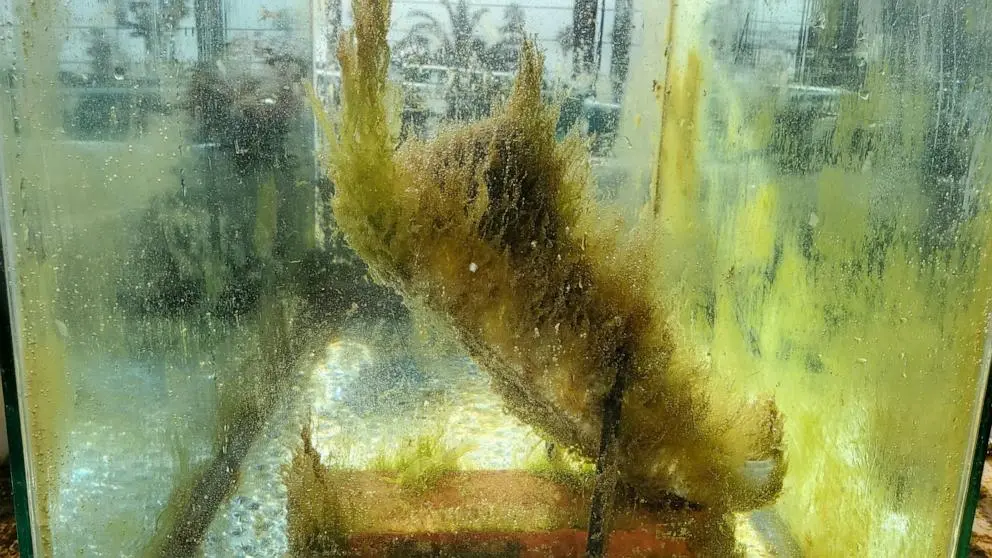Scientists have figured out way to make algae-based plastic that completely decomposes
Scientists have figured out way to make algae-based plastic that completely decomposes

abcnews.go.com
Scientists have figured out way to make algae-based plastic that completely decomposes

